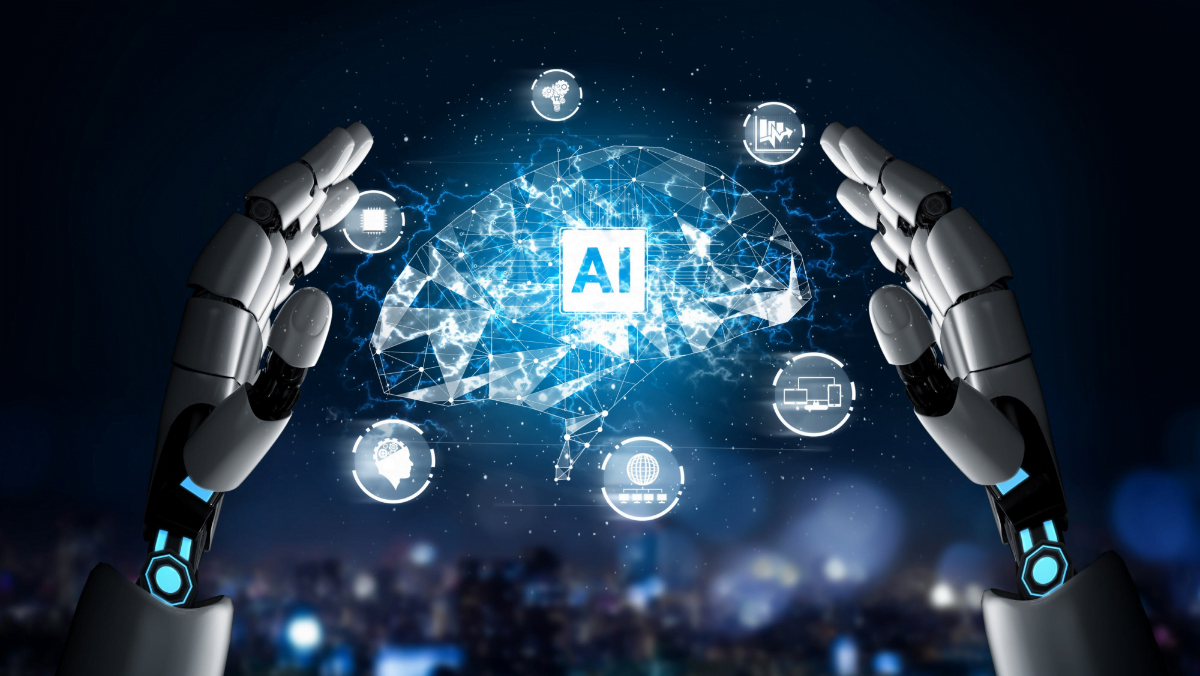Most of us are familiar with computer-generated NFT art, such as those published on the Art Blocks platform, which features creative coding projects of leading digital artists.
Refik Anadol, who converted some of his works that include AI algorithms trained with big data sets into NFTs, will also sound familiar to many readers. On the other hand, some NFT artworks are generated solely by AI artists, like Botto.
However, the combined power of AI and blockchain technologies can go beyond NFT art.
AI companies are transitioning into Web3
Companies with experience in developing products backed by AI are bringing their expertise to blockchain applications.
One of them is LOVO, a voice-over, and text-to-speech company. It focuses on an obvious but up-to-now somehow neglected aspect of decentralized digital identities: voice. It will be the primary way of communication in the metaverse. People like to customize their avatars’ appearances and may also want to do that with their digital voices.
That’s why LOVO is creating Voiceverse with Voice NFTs that give the owners the freedom to have a unique voice in the metaverse.
These NFTs provide access to a voice library and LOVO’s text-to-speech tool allows testing of different voice samples. This tool further integrates with popular profile-print (PFP) NFT collections like BAYC and Cool Cats so that you can sync the mouth of the PFP with the generated voice.
Enhancing the capabilities of NFT marketplaces with AI
Scammers can make use of AI to copy other artists’ works. But the same technology may also be used for the cure.
For instance, aiRight functions both as an NFT marketplace and an audit. The integrated infringement detection technology allows the collectors to evaluate the authenticity of the NFTs before buying them. The marketplace uses AI oracles provided by Oraichain for detecting fraud. These oracles ensure the verifiable and trustless execution of AI.
It’s worth emphasizing the significance of Oraichain in decentralized AI applications. Other blockchain companies partnered with Oraichain include the play-to-earn game Kawaii Island which plans to deploy an AI-powered metaverse and Dino Hub, an AI models marketplace for web3 developers.
Intelligent NFTs: combine smart contracts with AI
How can NFTs have intelligent traits like learning? The answer is to integrate deep learning and machine learning technologies directly into NFTs’ smart contracts.

These types of NFTs are known as intelligent NFTs or iNFTs. The first iNFT protocol was introduced by Alethea AI. This protocol can be used to convert any NFT into iNFT. For this purpose, base NFT is fused with a personality pod. Personality pods are NFTs with various traits that gives the base NFT a unique AI-powered personality and intelligence. The fusing process is achieved by locking the personality pod within the smart contracts of the iNFT protocol while keeping the base NFT the same; in other words, fusing follows a noncustodial framework.
When an iNFT is created, it receives level 1 intelligence. The protocol allows iNFT owners to train their NFTs to gain higher levels of intelligence which grants additional AI services.
Smart NFT agents
Another protocol that works in a similar vein is the Altered State Machine (ASM). Based on AI-related technologies like machine learning, ASM enables its users to build A.I. powered agents that can serve as digital assistants, customer service agents, or trading helpers among other possible applications.
ASM uses a three-component system for creating intelligent NFTs. There’s a “Genome” at the base of every NFT that represents, in a way, the DNA of the agent. The “Forms” give the agents their physical forms. At this stage, users can bring their NFTs from other collections, as in the case of fusing Alethea NFTs. The last component is “Memories,” which emerge from training NFTs. Training happens through machine learning algorithms.
ASM agent NFTs will be compatible with OpenSea. Owners will be able to train their agents and trade them for profit.
Credit: Source link
































